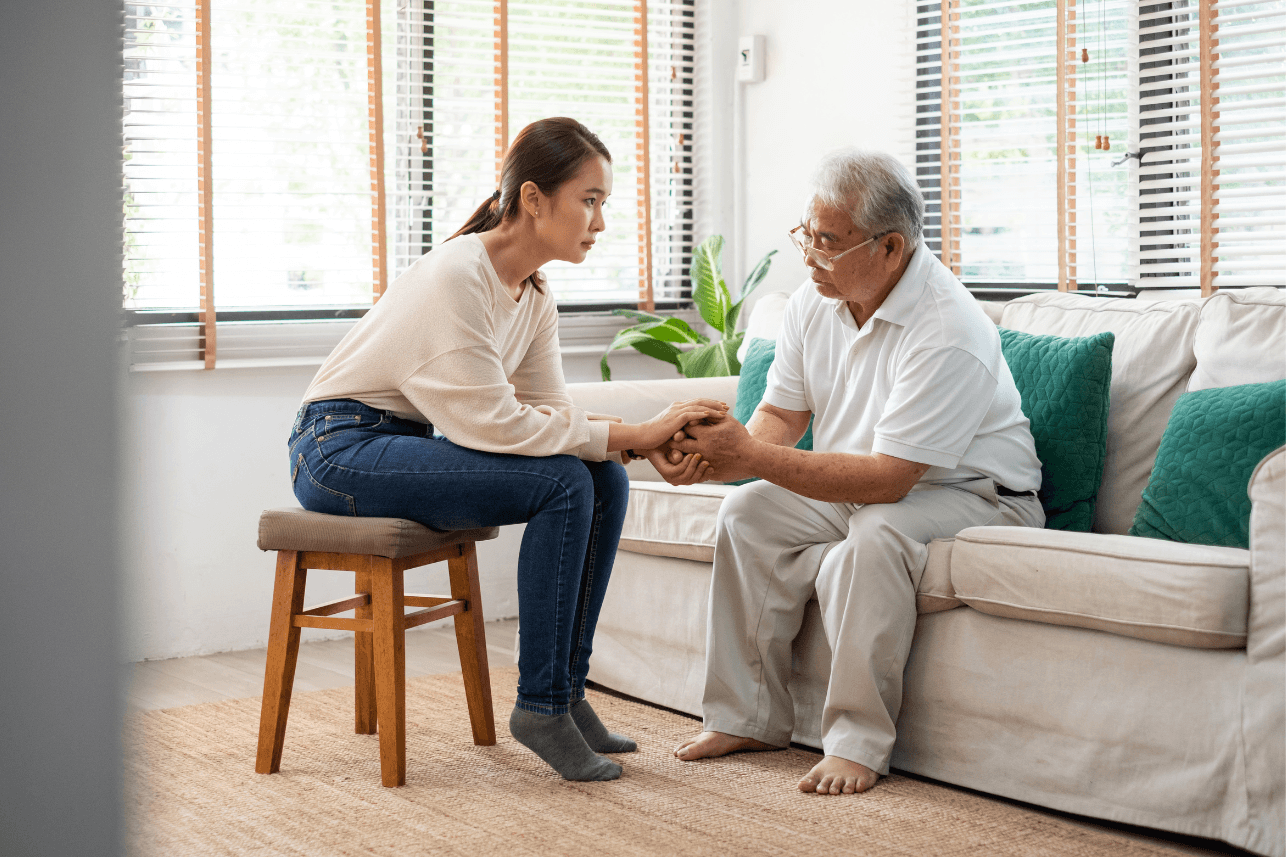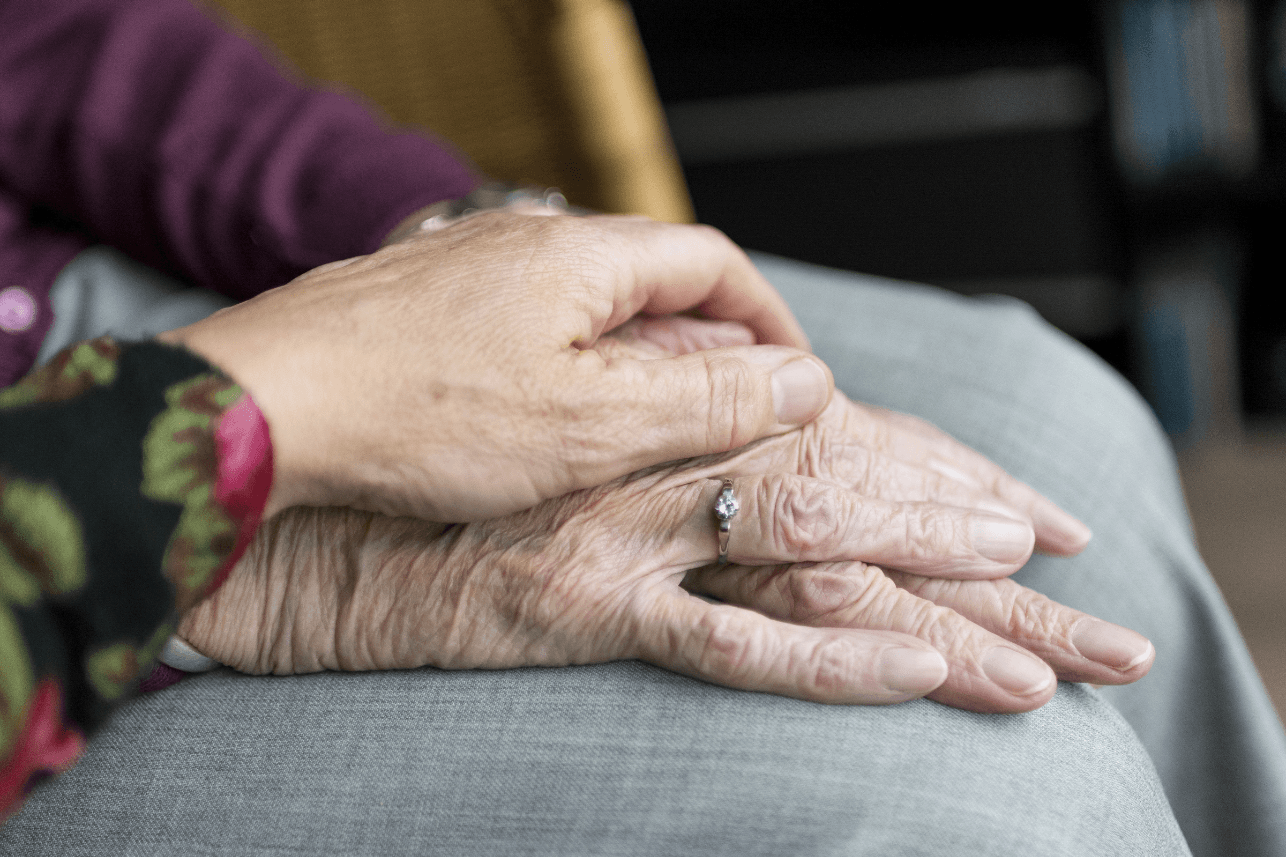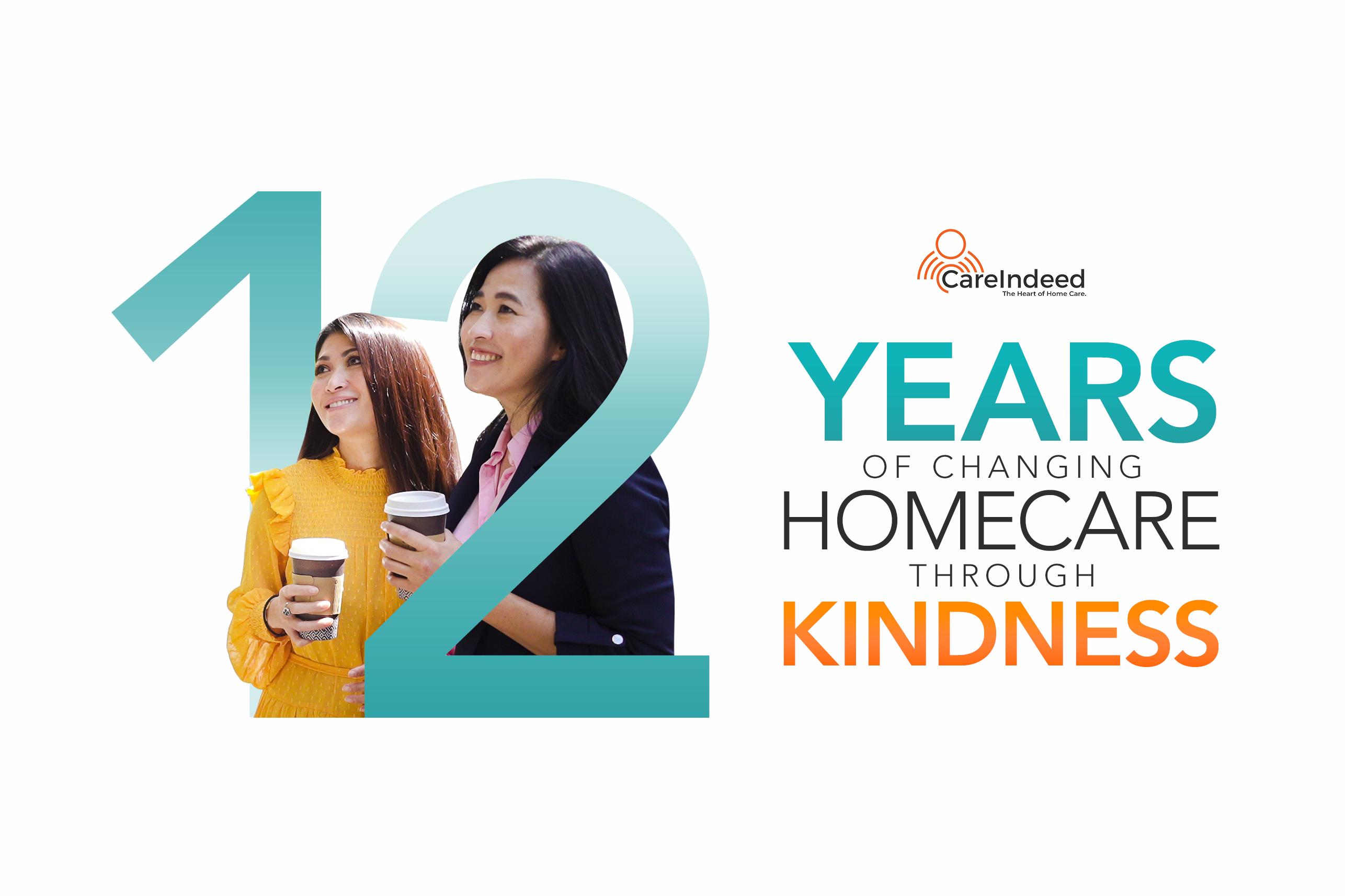
Understanding Suicide In Older Adults
Dee Bustos
Health And Wellness
Sep 10, 2022
7 min read
We are more than home care providers. We have the unique privilege of supporting clients through a phase of their lives that goes much deeper than just providing a service. We are also problem solvers, hope-givers, smile-makers, good friends, and so much more. Caregivers play a crucial role not just in the physical health of their patients, but also, sometimes even more so, in their mental and emotional well-being.
Caregivers are often the first people to notice when an elderly person they love is showing signs of depression or anxiety—and they're also the ones who have the most power over whether that person feels supported and loved or isolated and alone.
We're here to help you understand how caregivers can prevent suicide in seniors by recognizing reasons that may affect suicide, warning signs, and providing support.
Suicide and Older Adults: What You Should Know
- Seniors make up approximately 18% of suicides despite comprising just 12% of the population.
- One in four seniors who attempt suicide will succeed compared to 1 in 200 youth.
Risk Factors
Older adults are especially vulnerable to suicide for a number of reasons.
Grief: Older adults who experience losing loved ones while thinking of their own mortality can intensify feelings of loneliness and hopelessness.
Loss of independence: Seniors may feel sad and hopeless when they start to lose their ability to function independently. They may experience a loss of confidence, lost identity, fear of the future, and despair about how to cope with the changes that come with aging.
Chronic illness and pain: Dealing with chronic illnesses such as heart problems, cancer, loss of vision, etc, bring pain and mobility issues that affect their quality of life – making it difficult to do things they enjoy.
Cognitive impairment: An older adult’s decision-making abilities may be affected by a declining cognitive function. A 2021 study found that seniors with mild cognitive impairment and dementia had a higher suicide risk.
Financial troubles: Financial stress from retirement or other life changes, added to the pain of dealing with health issues, can also be a trigger.
Warning Signs
When a senior is contemplating suicide, the warning signs can be hard to spot, but that doesn't mean they can't be helped. Here are some warning signs of suicide in seniors:
- Loss of interest in things they used to enjoy
- Avoiding social interactions
- Neglecting medications, grooming, and self-care
- Feeling hopeless or worthless
- Putting affairs in order or making changes in wills
- Showing preoccupation with death and lack of concern for personal safety
How to Support Seniors with Suicidal Thoughts or Intentions
Talk about it: The first step is to let them know that you're there for them and that you care. Don't minimize their feelings or try to talk them out of their feelings—just let them know that they have someone who wants to listen without judgment.
Ask if they want help: Sometimes people with suicidal thoughts don't want help because they think that no one can understand the way they feel or because they're scared of being judged for what they're going through. If your loved one says "no," then respect their wishes and try again in another way later on.
Encourage them to seek professional help: If they want and are ready for help, you can offer to go with them or make an appointment on their behalf. You can also recommend resources such as hotlines or support groups that might be helpful for them to consider contacting after seeing their doctor or therapist.
Remember: Suicide is rarely caused by one thing alone. Knowing what's going on in your loved one's life will help you find ways to support them as they navigate through these difficult times.
We all have a role to play.
We all have a role to play in preventing suicide. Even if suicide is a difficult topic to talk about and address, it doesn't mean it's not preventable. Seniors need us more than ever in this difficult time. Every act of care can save a life.
Ask Vanessa: Hiring A Caregiver, What Route Should I Take?

12 Years Of Changing Lives




